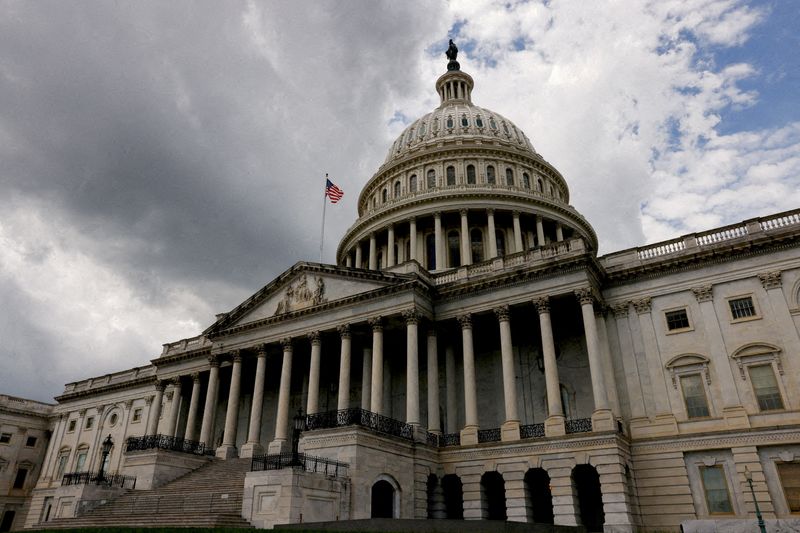By Raffaello Satter and Zeba Siddiqui
WASHINGTON (Reuters) – Reformers hoped that debate over reauthorizing a landmark U.S. domestic surveillance law would lead to new safeguards to protect Americans’ data.
But the bill now headed to the Senate instead expands the reach of the country’s domestic surveillance program, allowing law enforcement organizations, including the Federal Bureau of Investigation (FBI), to access a much broader swath of sensitive data about their fellow citizens than before.
The proposed legislation lacks the need for a mandate. The vote to require officials to seek judicial authorization before exploiting the data failed by a vote of 212-212 in the House of Representatives on Friday.
“It’s obviously pretty disappointing that we lost on a tie vote,” said Kia Hamadanchy, senior policy counsel at the American Civil Liberties Union. The ACLU is one of dozens of nongovernmental organizations that have lobbied to reform Section 702 of the Foreign Intelligence Surveillance Act, or FISA, which allows law enforcement to mine the vast amount of data collected by American spies.
Hamadanchy said bipartisan support for calling for a mandate was partly defeated by what he called “incredible” pressure on congressional Democrats from the Joe Biden administration.
“It’s hard to say no to your own party’s White House,” he said.
The White House did not immediately respond to a message seeking comment on its lobbying activities. In a call with reporters Tuesday, a White House official defended Section 702 as directly targeting foreigners. And a Justice Department official defended the surveillance bill’s broader scope, saying it is an effort to adapt surveillance legislation “to the current communications technology landscape.”
This adaptation would allow US spies to obtain data not only from any US “electronic communications service provider” – generally understood as Internet service providers and telephone companies – but from “any service provider” with “access to equipment that comes or could be used to transmit or store wired or electronic communications.”
The distributed nature of the Internet means it could be virtually anyone, as the Information Technology Industry Council, an advocacy group, argued in a blog post.
“The text of the amendment dramatically expands the American government’s warrantless surveillance capabilities, harming the competitiveness of American technology companies large and small,” the group said, urging senators to reverse the change.
Senate leaders of both parties are working to speed passage of the bill, with a vote expected this week.
Some lawmakers, including Democratic Sen. Ron Wyden of Oregon, are still fighting. Speaking on the Senate floor Tuesday, Wyden offered a short-term extension of the 702 authority to give lawmakers more time to find a way forward.
“Senators don’t need to pass a disastrous surveillance bill,” he told his colleagues.

Hamadanchy said his organization is urging Democratic lawmakers, under pressure from the White House, to think about how expanded surveillance powers might be used if Donald Trump is re-elected in November.
“It’s not just a question of whether this president. It’s a question of having confidence in the office of the president,” he said. “And that office may not be filled by Joe Biden next year.”